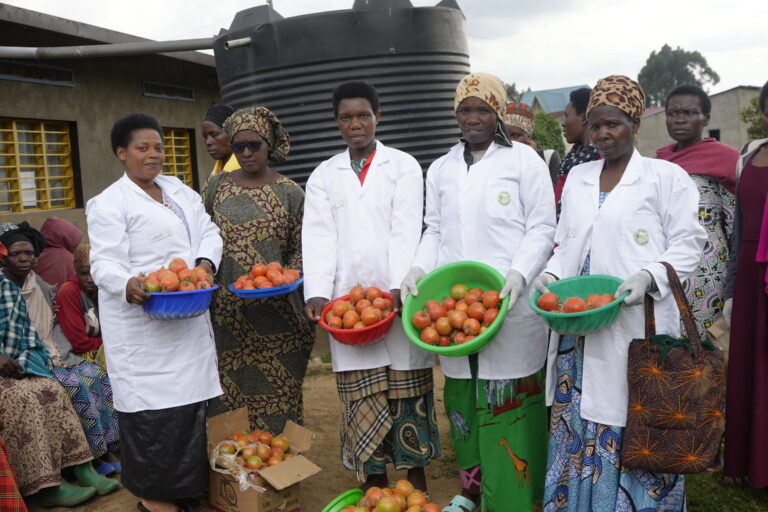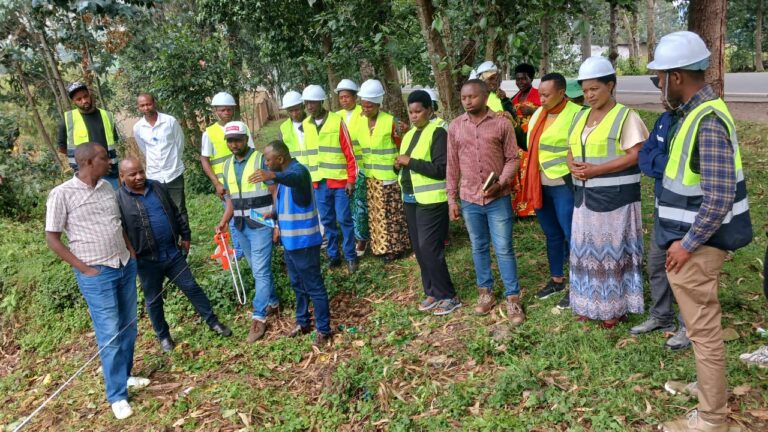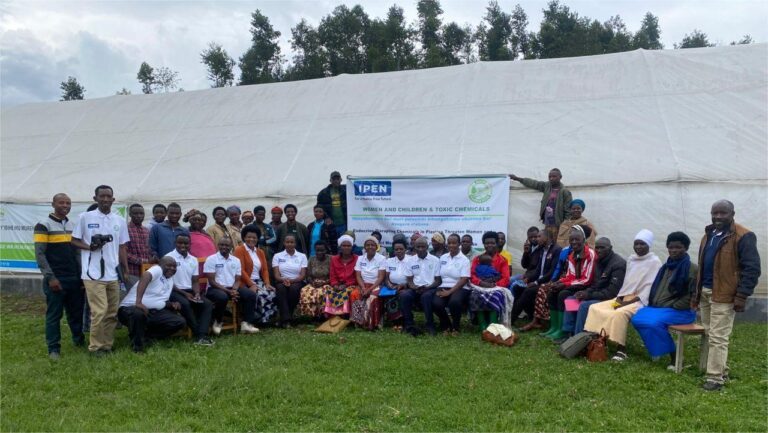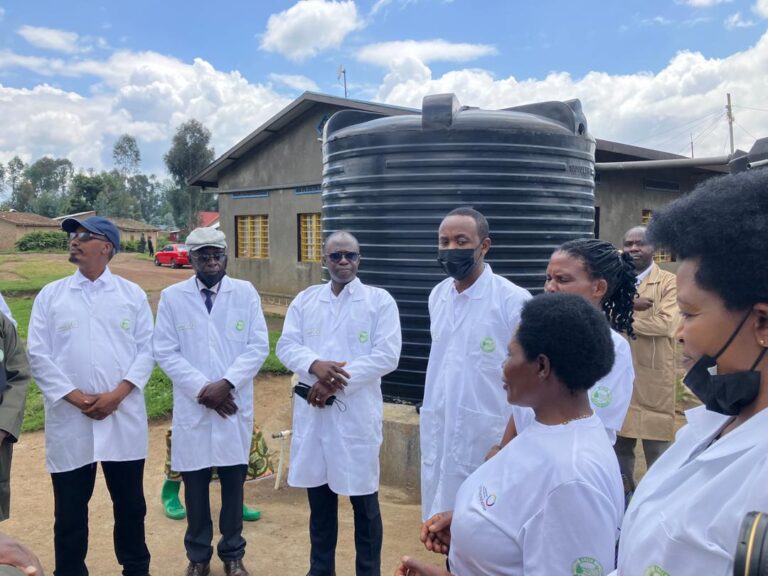As part of the global observance of International Lead Poisoning Prevention Week (ILPPW), marked from 19–25 October 2025, Rwanda reaffirmed its commitment to ending lead exposure through a workshop held on 23 October at the Five to Five Hotel in Kigali. The event, themed “No Safe Level: Act Now to End Lead Exposure,” brought together representatives from government institutions, development partners, industry, civil society, and the media to review national progress in eliminating lead paint.
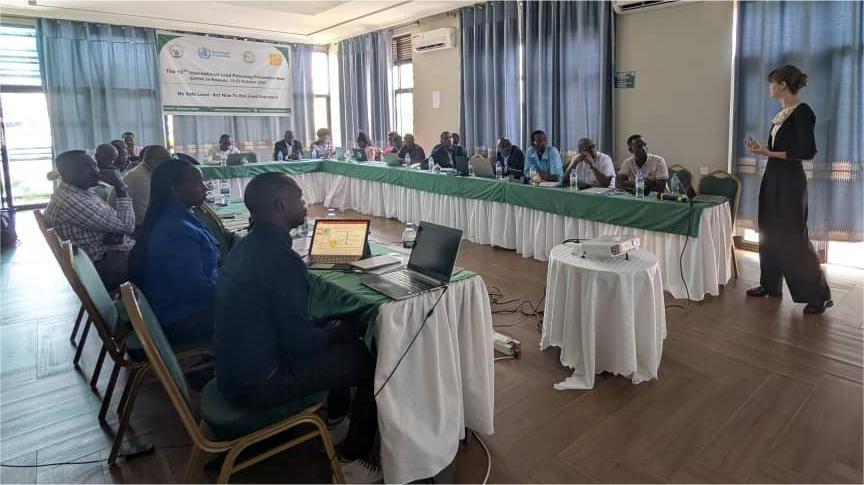
Organized by ARECO-RWANDA NZIZA in collaboration with the Ministry of Environment (MoE), Rwanda Standards Board (RSB), Rwanda Environment Management Authority (REMA), and the Rwanda Inspectorate, Competition and Consumer Protection Authority (RICA)—and supported by the Lead Exposure Elimination Project (LEEP)—the workshop aimed to accelerate Rwanda’s transition to lead-free paint production and use.
Opening remarks by ARECO-RWANDA NZIZA and RICA emphasized the importance of cross-sector collaboration and strict enforcement of the 90 parts per million (ppm) lead limit in paint. Key presentations from REMA, RICA, LEEP, and ARECO reviewed policy implementation, national exposure data, global health impacts, and progress in paint reformulation.
Nations around the world are prioritizing the elimination of lead because lead is a potent neurotoxin with no safe level of exposure, particularly harmful to children and pregnant women. Even low levels can cause irreversible brain and nervous system damage, reduced IQ, learning difficulties, and behavioral problems. The World Health Organization estimates that lead exposure accounts for nearly one million premature deaths annually and contributes to long-term social and economic burdens, making its removal from consumer products—especially paint—a major global public health priority.
Participants at the Kigali workshop agreed on several priority actions, including capacity-building for paint producers, continuous public awareness campaigns, and the creation of a national inventory of lead sources. They also called for stronger coordination among national institutions—MoE, REMA, RSB, RICA—together with WHO, ARECO, and LEEP, to ensure consistent enforcement and monitoring.
The workshop concluded with a collective pledge to advance a lead-free Rwanda through sustained collaboration, public education, and effective policy implementation—further aligning national efforts with this year’s ILPPW call to action: “No Safe Level: Act Now to End Lead Exposure.”

